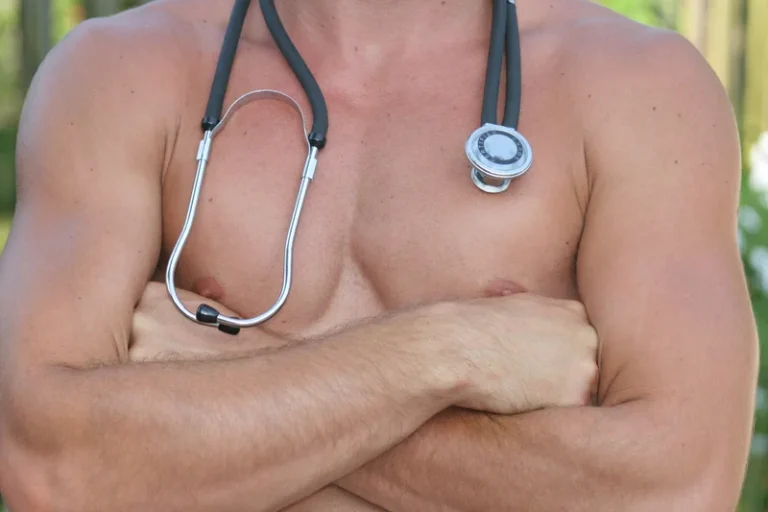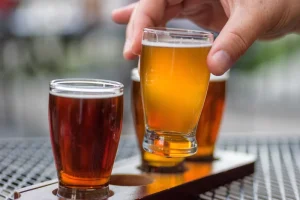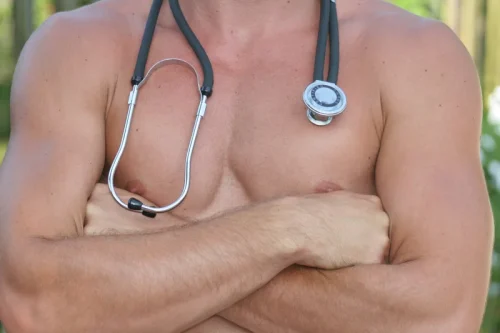
This happens when a person loses more fluids than they take in. I’ve spent the last seven years researching and understanding alcoholism, addiction, and how people get sober. Additionally, I examine the way mental and physical health as well as our relationships with others impact the reasons people drink and their role in maintaining sobriety long-term.
Preventing Dehydration From Drinking
When the human body senses it is getting dehydrated, ADH is produced by the pituitary gland to reduce urination. While beer typically has a lower alcohol volume than other alcoholic beverages such as liquor, it still has enough to cause dehydration. If we’re experiencing any of these after excessive alcohol consumption, we could have alcohol dehydration, which can result in serious health consequences. It’s widely believed that alcohol exerts its diuretic effect by suppressing a hormone called vasopressin, or ADH 7.
What happens if you only drink soda and no water?
Dehydration occurs when the body does not have sufficient amounts of fluid to function effectively. Alcohol has a dehydrating effect on the body, especially when a person consumes it in large quantities. It impairs your kidneys’ ability to filter blood and makes them work harder. Alcohol also causes hormonal imbalances that negatively affect kidney function. Dehydration can reduce muscle endurance and performance, making it more challenging to sustain physical activity for an extended period. This is because dehydration leads to a reduction in blood flow to muscles, limiting the delivery of oxygen and nutrients needed for muscle function.

What Is the Best Way to Rehydrate After Drinking?
Dehydration can also impair cognitive function, including memory, attention, and decision-making abilities. Studies have shown that being dehydrated by just 2% can lead to impaired performance on tasks that require attention and psychomotor and short-term memory skills. If you mix alcohol with caffeinated drinks (ex. rum and Coke), you’re also increasing your dehydration factor, as caffeine will make you pee more which leads to further dehydration.
- Meanwhile, consuming 269 mg of caffeine, or about 3 cups of coffee, didn’t affect fluid balance (3, 4).
- Remember, the more you drink, the more dehydrated you’ll get.

Interestingly, they found that urine output after drinking a typical beer was no different than after a non-alcoholic beer or water. If you’ve been drinking and are experiencing alcohol dehydration symptoms, you need does alcohol hydrate or dehydrate you to restore your body’s fluid balance. Here’s how to rehydrate properly and recover from alcohol dehydration.
Health Products
- Alcohol can increase urine production, which can lead to dehydration.
- This is because alcohol can affect the hypothalamus, the part of the brain that controls body temperature.
- Intravenous (IV) fluids may be required to stabilize you if you’re experiencing severe dehydration.
- Let’s look at the most dehydrating drinks and discover what beverages you should drink to stay hydrated.
- This may give your liver more time to metabolize it, but that can also be accomplished by simply drinking more slowly.
However, when your body works to eliminate alcohol from your system through these processes, other crucial substances, like water and essential nutrients, are removed, too. You can experience water and nutrient depletion, leading to unwanted symptoms such as dehydration. Sugary and caffeinated drinks can have diuretic effects similar to alcohol, leading to further dehydration.
- We recently launched our in-app chatbot, Melody, powered by the world’s most powerful AI technology.
- However, they question whether the effect on vasopressin is solely to blame.
- Soda is typically high in sugar and caffeine, which have diuretic properties and negatively impact the body’s ability to regulate fluid balance.
- If you binge drink, you’ll likely lose 500 to 1,000 mL of fluids, causing dehydration.
What should I drink to avoid dehydration?
- You can also drink water before you go to bed to help replenish hydration levels.
- Being dehydrated can lead to some serious consequences, which we’ll investigate further.
- It’s best to drink while eating or just after, and to snack as you continue to drink.
- The best drink to avoid dehydration is electrolyte-enriched water.
- One large study found excessive alcohol consumption is linked to accelerated facial aging.
Alcohol is a diuretic and therefore causes excessive urination. Chronic dehydration due to alcohol consumption can lead to kidney damage and increase the risk of kidney stones and urinary tract infections. Dehydration can also cause fatigue and drowsiness, which can increase the risk of accidents, particularly when driving or operating heavy machinery. This is because dehydration can cause a decrease in blood volume and low blood pressure, which can lead to reduced blood flow to the brain, causing fatigue and drowsiness. Other lifestyle factors, such as exercise, climate, and medication use, can also impact alcohol’s dehydrating effects. Just make sure you drink some actual water alongside it if you’re hoping to stave off a hangover in the morning.

It’s currently unknown whether or not alcohol dehydrates muscle, but it definitely weakens it. Due to its diuretic effect, alcohol makes it more likely for tissues to be deficient in electrolytes. This is something for athletes to be aware of, as it puts them at greater risk of pulling or straining their muscles. However, water might build up in other areas as our body tries to hold onto the fluids it has. One glass of liquor drunk slowly over the course of an evening will be less dehydrating than having several beers or glasses of wine during the same time frame. That said, the higher a drink’s alcohol content, the more of a diuretic it’s believed to be.
